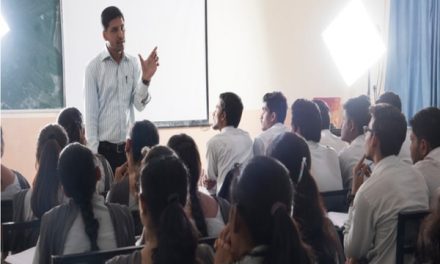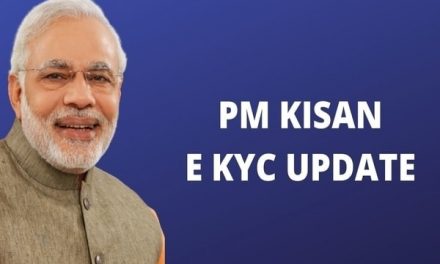Article 370 in NCERT: The NCERT has revised a chapter in its Class 12 political science textbook to drop a paragraph on separatist politics in Jammu and Kashmir and to add a brief mention of the scrapping of its special status last year.
The textbook ‘Politics of India since Independence’ was revised for the 2020-21 session and this topic is included in the chapter ‘Regional Aspirations’. The topic explains how on August 5, 2019, Parliament abrogated the special status of Jammu and Kashmir under Article 370 and bifurcated the state into two union territories — Ladakh which would have no Legislative Assembly and Jammu and Kashmir which would have one.
The topic on Article 370 says that Jammu and Kashmir enjoyed a special status but “in spite of it” the region saw cross-border terrorism and political instability that took the life of many and also cause the displacement of Kashmiri Pandits.
Last year on August 5, the Government of India revoked the special status granted under Article 370 of the Indian Constitution to Jammu and Kashmir through an amendment in Parliament and also scrapped Article 35 A, and the state was bifurcated into two union territories — Jammu and Kashmir and Ladakh.
Meanwhile, the NCERT has also replaced the old map of Jammu and Kashmir in the Class 12 political science textbook from this year.
An NCERT official told ANI, “Nothing new, only the old map of Jammu and Kashmir has been replaced with a new map by NCERT in Class 12 political science textbook.”
The chapter of Article 370 in NCERT, then talks about the President’s Rule imposed in June 2018 after the BJP withdrew its support to the Mehbooba Mufti government and towards the end mentions the withdrawal of Article 370.
NCERT textbooks are used by all schools affiliated to the Central Board of Secondary Education (CBSE) and several state boards have also adopted these books.
The revised textbook takes into account the developments that took place in Jammu and Kashmir from 2002 onward.
Earlier this month, a controversy had erupted over the reduction of the syllabus by the CBSE due to the COVID-19 situation, with the Opposition alleging that chapters on India’s democracy and plurality are being “dropped” to propagate a particular ideology.
But the Board had insisted it is a one-time measure for this academic year only and is not restricted to a particular subject as is being projected by some.
The Central Board of Secondary Education (CBSE) had notified the new syllabus for classes 9 to 12 for the 2020-21 academic session after rationalizing up to 30 percent of the curriculum.
According to the updated curriculum, the chapters deleted from the Class 10 syllabus are those dealing with democracy and diversity, gender, religion and caste, popular struggles and movement, and challenges to democracy.
For Class 11, the deleted portions include the chapters on federalism, citizenship, nationalism, secularism, and the growth of local governments in India.
Similarly, Class 12 students will not be required to study the chapters on India’s relations with its neighbors — Pakistan, Myanmar, Bangladesh, Sri Lanka, and Nepal, the changing nature of India’s economic development, social movements in India and demonetization, among others.











